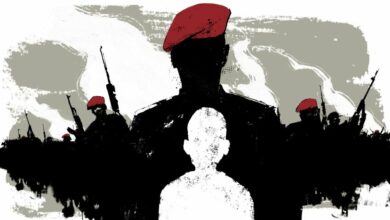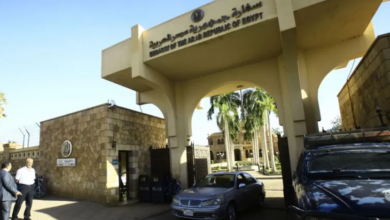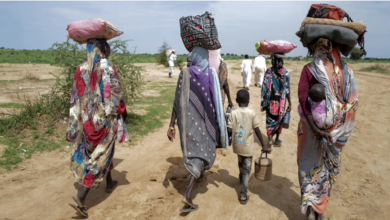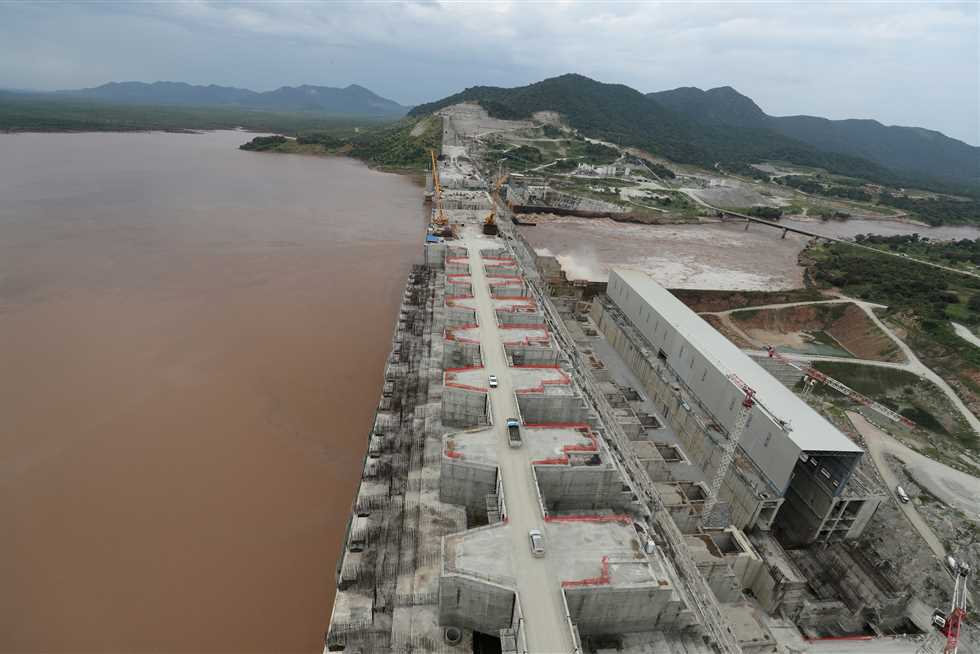The leader of Sudan’s opposition Umma Party, Sadiq al-Mahdi, said on Sunday that the future of the south's much anticipated January referendum remains in the balance.
During a meeting with the Egyptian Council for Foreign Affairs, al-Mahdi said there is a possibility that the poll will be organized in a transparent manner, to achieve a consensus on controversial issues. Such a course would end with a legitimate, internationally-approved resolution that will help move Sudan forward as a unified state or as “twin states,” depending on the respective results, he said.
Al-Mahdi emphasized that the US, Europe, and African countries can assist in procuring a positive result.
The other possibility, however, according to al-Mahdi, is a corrupt referendum marred by disputed results that will fuel clashes throughout the country.
“The date of the referendum is not the point: What is far more important is its transparency and ability to tackle controversial issues,” he said.
Al-Mahdi noted that his party had suggested the poll be conducted under UN auspices, explaining that Sudanese stewardship of the process would be inherently disputable. He also proposed the formation of an international commission to study and resolve points of disagreement.
Al-Mahdi stressed the necessity of reaching terms that go beyond the current peace agreement in a way that guarantees equality, in case unity is the choice, or provide an alternative plan, should the south opt for separation. A memo espousing this suggestion was submitted months ago to the Sudan Liberation Movement (SLM), according to al-Mahdi, who said that he was going to discuss the proposal next week with Sudan's vice president, Salva Kiir.
Al-Mahid said the law regulating the referendum relies on mutual confidence between northern and southern officials. But al-Mahid also argued that such confidence "does not exist," emphasizing that the referendum commission itself is bitterly divided along northern-southern rifts.
"The polling procedures are bound by deadlines that are hard to meet," said al-Mahdi, who added that the budget required for conducting the referendum has not yet been obtained. Moreover, the independent centers intended to receive the votes of two million expatriate southern Sudanese have not been established.
Negotiating parties also have to come to terms with post-referendum issues of nationality, currency, public service, national security, intelligence services, international treaties, assets, debts, oil sharing, water shares, and disputed territories, including Abyei.
Al-Mahdi criticized the US focus on the execution of the poll rather than the atmosphere in which it is conducted. The opposition leader urged for more attention to be placed on transparency guarantees. He also said the Arab role should prioritize advising relevant parties against engaging in violence, while maintaining impartiality toward a specific side.
Translated from the Arabic Edition.




